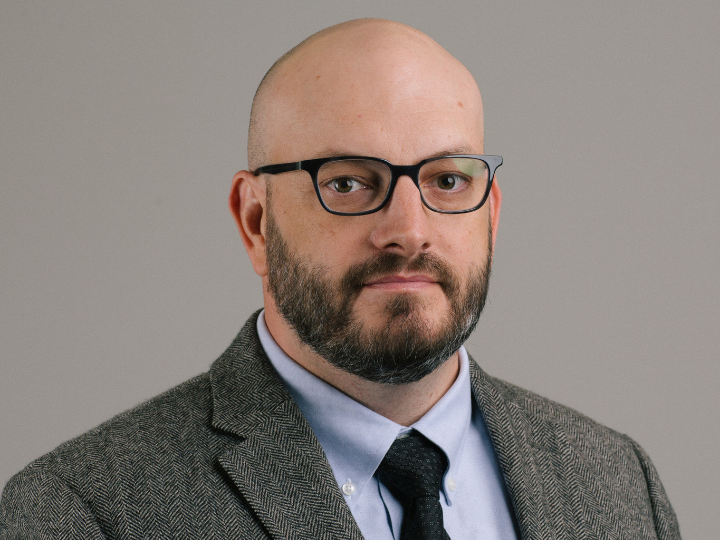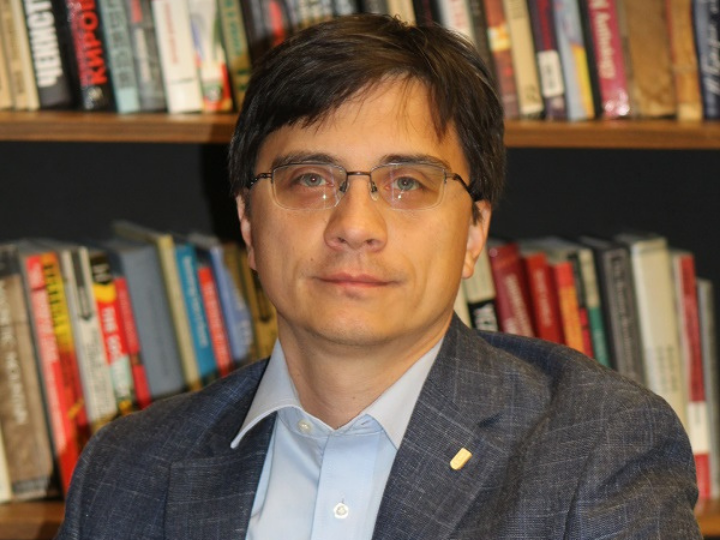

With growing concern that Russia could invade Ukraine, 8,500 American troops are now on higher alert for a possible European deployment as part of a NATO response. According to Zachary Zwald, instructional assistant professor of political science at the University of Houston, the world’s premier political and military alliance “finds itself at a crossroads.”
“The world is seeing a re-balancing from the Post-Cold War order. By threatening to invade Ukraine and making demands on NATO, Russia is trying to make the West explicitly accept a new balance of power with an expanded Russian sphere of influence,” said Zwald, who studies international relations and security, nuclear strategy, technology and policy.
“With its current Ukraine gambit, Russia's end-game is to reveal divisions within the Western alliance. NATO, therefore, finds itself at a crossroads: it can demonstrate its continued relevance by issuing a united front (including both economic and military retaliatory threats) or it can accede to a new power reality where Russia once again strongly influences European affairs.”
Alexey Golubev, assistant professor of history is a scholar of Russian and Soviet history with a focus on social and cultural history of the 20th century. He said while all sides seem to be willing to avoid any major military confrontation, there is potential for escalation, especially with NATO, European Union and United States leadership determined not to allow further violations of Ukrainian sovereignty.
“Russia’s current policy vis-à-vis Ukraine is driven by a combination of foreign policy ambitions of its current political establishment and their perception of Ukraine’s potential NATO membership as a deadly risk for Russian national security,” said Golubev.
“If Ukraine is admitted to NATO, Russia’s land border with the alliance will increase from 755 to 2,600 miles, and Russian generals have for decades argued that it would render useless the entire national defense infrastructure. Ukraine’s NATO membership would also become a major blow for Vladimir Putin’s domestic and international reputation. At the same time, the Russian leadership is willing to maintain and build up the tensions around Ukraine as a form of additional pressure in negotiations with the European Union and the United States. Paradoxically, this situation also benefits the Ukrainian leadership as it solidifies the international community in its diplomatic, economic and military support of Ukraine.”
Professors Zwald and Golubev are available to provide analysis on the emerging crisis. If you are interested in scheduling a media interview, please contact Sara Tubbs at 786.877.0421 or sstubbs2@uh.edu.